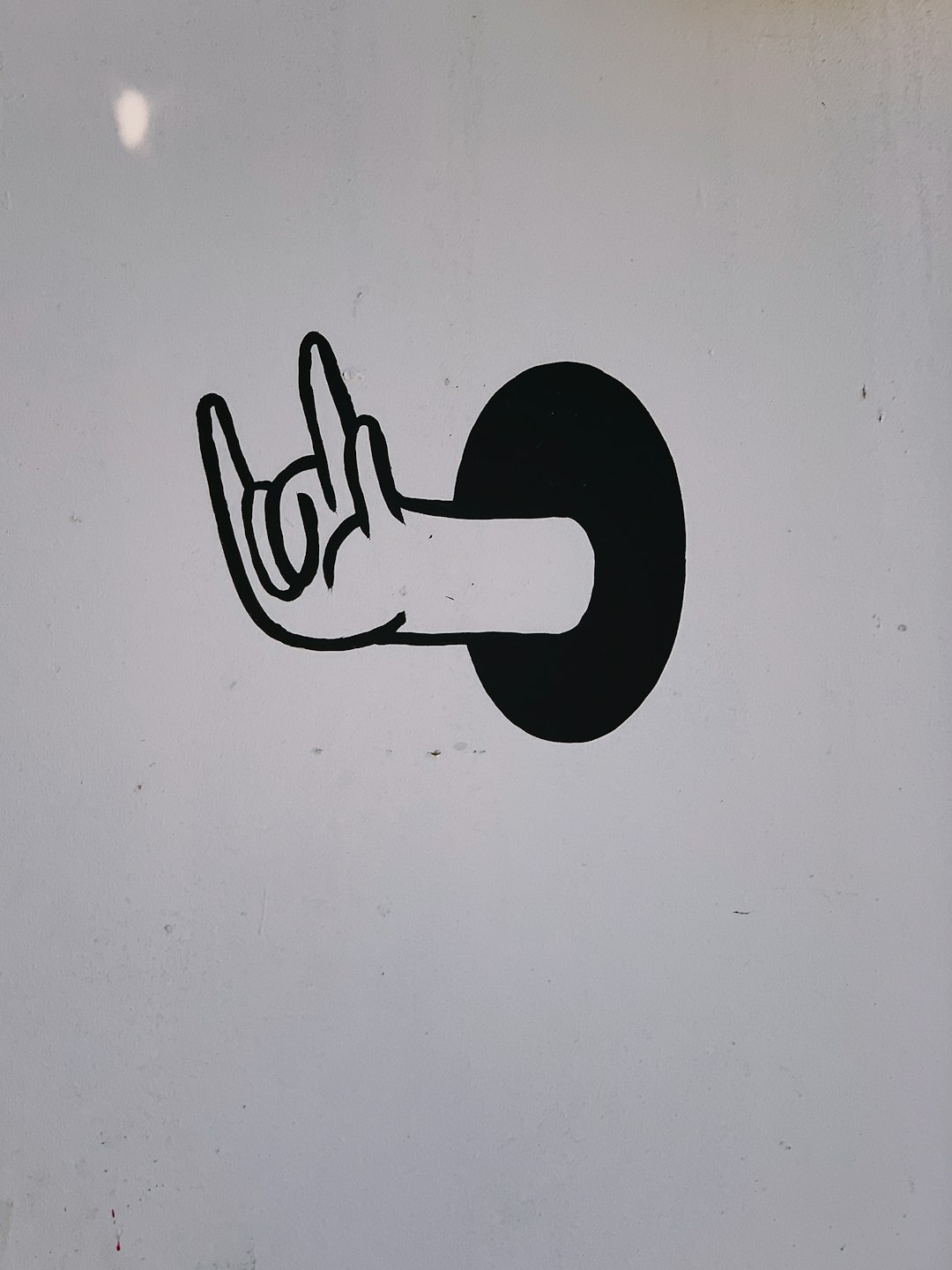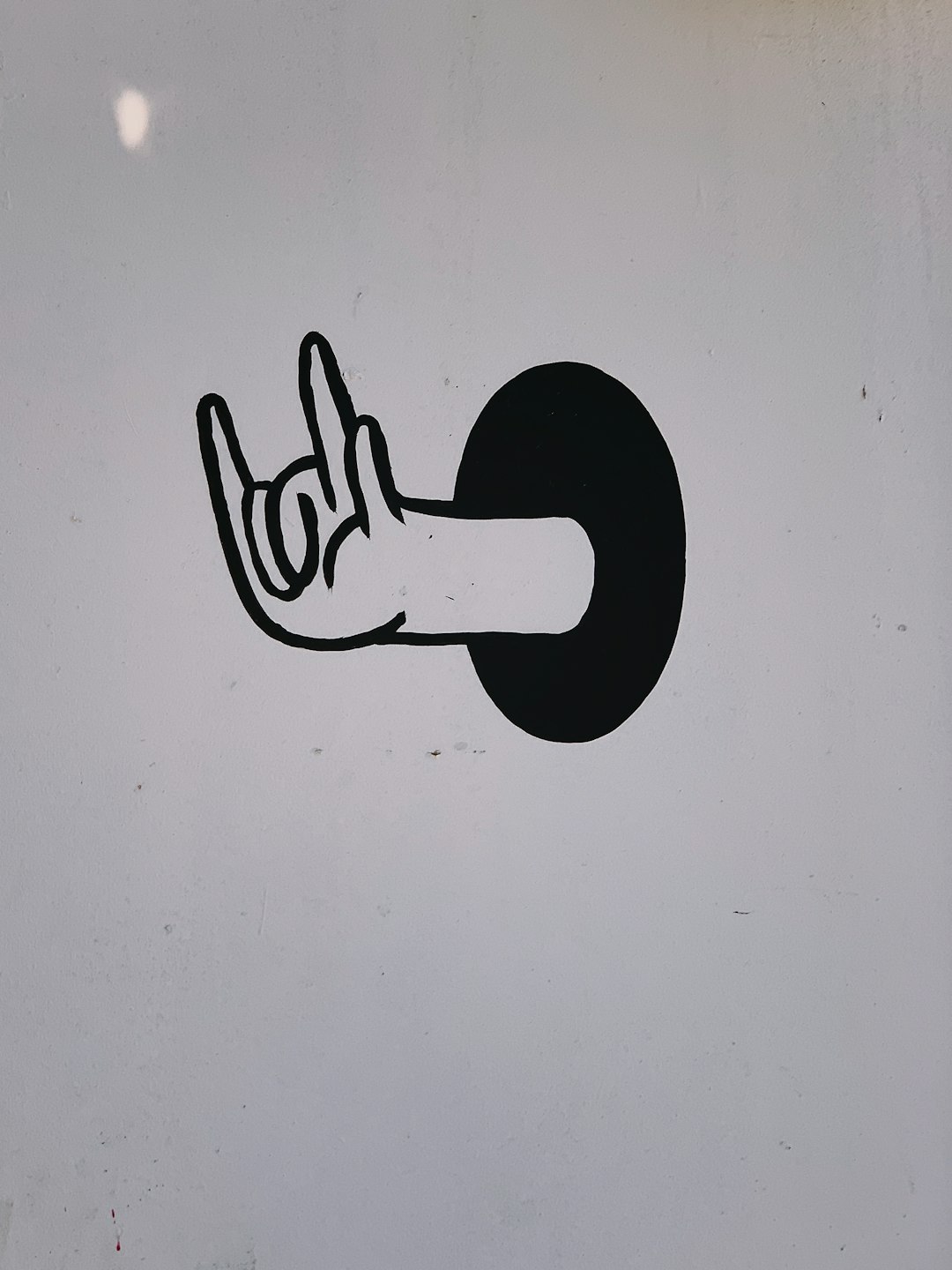Rhode Island's massage therapy industry evolved from unregulated practices to a regulated profession driven by client protection against abuse. Strict licensing, training, and health standards have been implemented to ensure ethical services. The rise in massage abuse cases led to legislative changes, with dedicated law firms addressing exploitation. Rhode Island's robust regulations, including consent policies and professional boundaries, safeguard clients, making it a trusted destination for therapeutic relief through reputable massage practices.
Rhode Island’s massage therapy regulations have evolved significantly over time, reflecting changes in practice and public awareness. From early therapeutic touch to modern wellness trends, the history is marked by efforts to balance accessibility with consumer protection. This article delves into the state’s journey, from the first licensed massage therapists to legislative responses addressing massage abuse cases. We explore current protections and predict future outlooks, focusing on key insights for both practitioners and the general public, especially when considering a massage therapy service through a Rhode Island massage abuse law firm.
Early Massage Practices in Rhode Island

In the early days, massage practices in Rhode Island, like many other states, were largely unregulated. Immigrants from various cultures introduced different forms of therapeutic touch, including massage, to the region. These early practitioners often operated out of their homes or local spas, offering remedies for a range of ailments using manual manipulation of the body. While some found success, there was also a darker side to this emerging industry—massage abuse.
As the popularity of massage grew, so did concerns about unscrupulous practitioners who took advantage of vulnerable clients. Stories of overpriced services, inappropriate behavior, and even worse, led Rhode Island residents to demand better protection. This eventually prompted the state to consider implementing regulations to ensure safe and ethical practices, especially with the rise of massage abuse law firms in Rhode Island focusing on holding negligent therapists accountable.
Legal Recognition and Licensing Efforts

In Rhode Island, the history of massage therapy regulations is intertwined with efforts to protect clients from potential massage abuse. Over time, the state has recognized the need for standardized practices and legal frameworks to ensure safe and ethical services. The journey towards licensing began with a focus on addressing concerns related to unsanitary conditions, improper techniques, and unethical behavior within the industry. This awareness led to the implementation of laws that required massage therapists to obtain licenses, undergo training, and adhere to strict health and safety standards.
Legal recognition of massage therapy in Rhode Island gained momentum, resulting in the establishment of licensing boards responsible for regulating the practice. These boards set qualifications, administered exams, and issued licenses, ensuring competent practitioners. The introduction of licensing measures aimed to maintain high professional standards and safeguard clients from unscrupulous practices, thereby fostering a healthier and more trustworthy environment for massage therapy services across the state.
The Rise of Massage Abuse Cases

In recent years, Rhode Island has witnessed a disturbing rise in massage abuse cases, prompting a closer look at the regulations governing this industry. As awareness grew about the potential for exploitation and unethical practices within the massage therapy field, concerns heightened, especially considering the sensitive nature of the service provided. This surge in incidents led to increased scrutiny from both consumers and legal experts, many of whom advocated for stricter measures to protect clients from potential harm.
The growing prevalence of massage abuse cases has been a significant catalyst for change. Consumers have become more vocal about their experiences, sharing stories that underscored the need for better oversight. As a result, Rhode Island’s legal landscape began to evolve, with new laws and regulations being proposed to combat these issues and ensure the safety of individuals seeking therapeutic massage services. This shift was further fueled by the work of dedicated massage abuse law firms in the state, which played a crucial role in advocating for reforms and raising public awareness about the importance of proper regulation.
Legislative Responses and Protections

In response to growing concerns about massage abuse, the state of Rhode Island has implemented several legislative protections for clients. Over the years, stricter regulations have been put in place to ensure a safe and ethical practice environment. One notable development was the establishment of specific licensing requirements for massage therapists, which include completing accredited training programs and passing state-recognized exams. These measures aim to maintain high standards and prevent unqualified individuals from offering massage services.
Additionally, Rhode Island has enacted laws addressing issues like consent, confidentiality, and professional boundaries. Massage therapy practices are required to have written policies in place to safeguard clients’ rights and privacy. Such legislative responses underscore the state’s commitment to fostering a secure environment for individuals seeking relaxation, pain relief, or therapeutic benefits through massage therapy services, while also providing a robust framework for addressing any instances of abuse.
Current Regulations and Future Outlook

Rhode Island’s current regulations for massage therapy are stringent, prioritizing client safety by mandating licensed practitioners and establishing strict standards for training and practice. These rules aim to prevent massage abuse, ensuring that only qualified individuals can offer therapeutic services. The state’s laws cover various aspects, including licensing requirements, continuing education, and code of ethics, creating a robust framework for ethical and safe massage therapy practices.
Looking ahead, the future outlook for massage therapy regulations in Rhode Island appears promising. With ongoing efforts from industry professionals and advocacy groups, there’s a growing emphasis on staying current with evidence-based practices and integrating new research into regulatory frameworks. The goal is to foster a dynamic and responsible massage therapy community while safeguarding clients against potential abuse, ensuring that the practice remains a valuable and safe contribution to Rhode Island’s wellness landscape.





